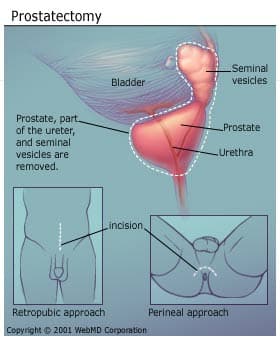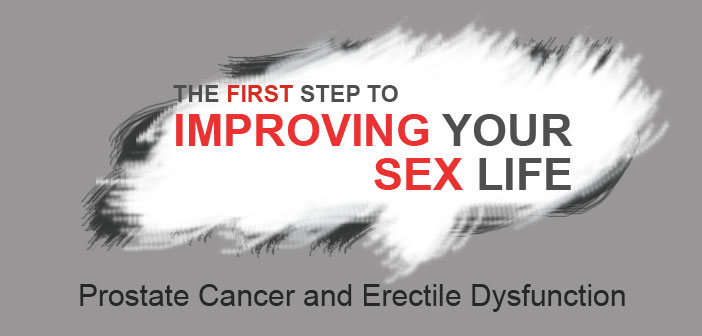To treat erectile dysfunction (ED), you have to lower high blood pressure. Some people are able to do that through lifestyle changes alone. Others need help from prescription high blood pressure medication.
A problem for many men, though, is that some types of blood pressure drugs can cause erectile dysfunction. That may make it tough to stay on medication, especially if high blood pressure never caused any symptoms before. An estimated 70% of men who have side effects from high blood pressure medicine stop taking it.
While many drugs used to treat high blood pressure have been linked to erectile dysfunction, some are much less likely than others to cause problems. Certain high blood pressure drugs may even improve erectile dysfunction for some men.
It’s known that diuretics (or water pills, like hydrochlorothiazide) and beta-blockers (like Atenolol) can also cause erection problems. These are also the first drugs that a doctor is likely to prescribe if you are not able to lower your high blood pressure through diet and exercise.
If you take a diuretic, you should stay on it until high blood pressure is under control. If erection problems persist, or blood pressure goes back up, then your doctor might switch to a drug that’s less likely to cause erectile dysfunction. Or, a combination of medications might work better to control high blood pressure and lower the risk of erectile dysfunction.
If you take a beta blocker, you may also want to ask your doctor if it might cause erectile dysfunction. You might be better off on a medication less likely to cause a problem.
High Blood Pressure Drugs Not Likely to Cause ED
Some families of high blood pressure drugs rarely cause ED as a side effect. They include:
- ACE inhibitors
- Alpha-blockers
- Calcium channel blockers
- ARBs
ACE (angiotensin converting enzyme) inhibitors — such as Capoten, Lotensin, Prinivil, and Zestril for example — widen blood vessels and increase blood flow. Erectile dysfunction is rarely a side effect, occurring in less than 1% of patients. There are several different drugs in this category. This seems to be true of all of them.
Prostate cancer is not a cause of erectile dysfunction (or ED). However, treatments for the disease can cause it. The current methods of treating prostate cancer, including surgery with radical prostatectomy (removal of the entire prostate gland), radiation therapy — whether by external beam or brachytherapy (seed implant) — and hormone therapy, can all cause ED.
When Can Erectile Dysfunction Occur After Prostate Cancer Treatment?
- Radical prostatectomy. Erectile dysfunction can begin immediately following the removal of the entire prostate and surrounding tissues, whether the nerve-sparing or non-nerve-sparing technique is used. If the nerve-sparing technique is used, recovery from ED may occur within the first year following the procedure. Recovery of erectile function after a non-nerve-sparing technique is unlikely but possible.

- Radiation therapy. The onset of ED following radiation therapy is gradual and usually begins about six months following treatment. Without treatment for erectile dysfunction, ED is usually permanent.
- Hormone therapy. When hormone therapy is used, ED may occur approximately two to four weeks following the initiation of the therapy and is usually accompanied by a decreased desire for sex. Without treatment, the ED is usually permanent.

